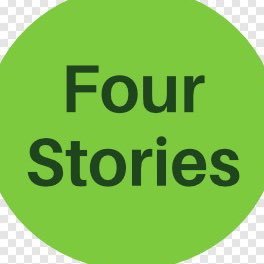Elizabeth Vibert talks Food Sovereignty with CBC Radio's Kathryn Marlow, 3 March 2020
- Many people try to think about where their food is coming from, but advocates for Food Sovereignty say you should also think about the working conditions of the people who grew or produced it, and what the carbon emissions were to get it to you. UVic professor Elizabeth Vibert joined All Points West host Kathryn Marlow to explain, and to give practical tips on how to try and work towards Food Sovereignty.
Food for Thought and Action: A Food Sovereignty Curriculum
- The curriculum is divided into four modules: one each for consumers, faith and anti-hunger groups, environmentalists and farmers. This collection of education-for-action exercises and factsheets has been developed by Grassroots International and the National Family Farm Coalition to help build the Food Sovereignty movement
Indigenous crops and smallscale farms: Ruth Oniang’o on Africa’s agricultural future
- The Africa Food Prize winner talks about her work with Kenya’s smallholder farmers, and how indigenous crops can be a tool in the battle against food insecurity and climate change
- The Food Security Gateway is a website that helps people and organizations across BC access up-to-date Food Security information and resources.
Via Campesina Europe publishes an in-depth guide to Food Sovereignty
- In this publication, the European Coordination Via Campesina delivers a thorough account of the concept of Food Sovereignty, an approach and process developed by the people most threatened by the processes of the consolidation of power in food and agricultural systems: peasant farmers. Instead of being destroyed by the forces of history they are offering a proposal to solve the multiple crises which humanity is facing.
Food Sovereignty Assessment Tool (FSAT)
- The Food Sovereignty Assessment Tool (FSAT) assists Native communities in reclaiming their local food systems. It helps demystify the process of data collection about local food systems and provides tools and a framework for Native communities to measure and assess food access, land use and food policy in their communities.

